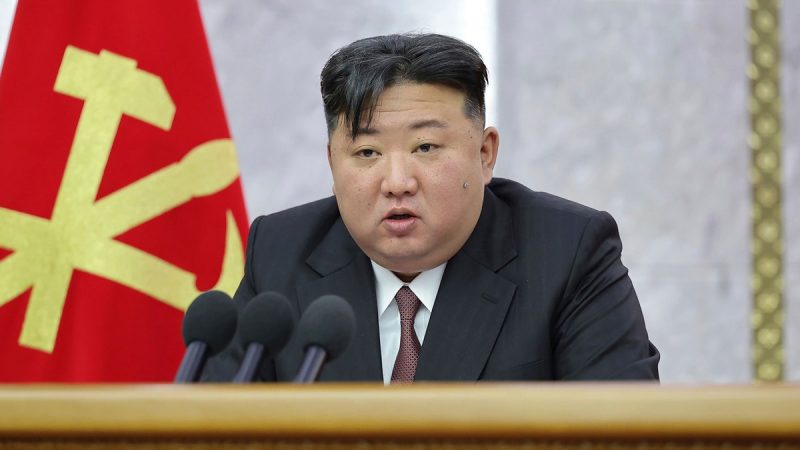North Korea’s recent expansion of its list of crimes punishable by death has sparked international concern and scrutiny. The repressive regime in Pyongyang has long been known for its brutal and authoritarian rule, but the latest move to broaden the scope of offenses that can result in the ultimate punishment has raised alarm bells around the world.
The newly expanded list reportedly includes offenses such as watching foreign films, smuggling banned media into the country, and even making international phone calls without permission. These draconian measures underscore the extent to which the North Korean regime seeks to maintain tight control over its population and suppress any form of dissent or deviation from the official state ideology.
Human rights organizations and legal experts have condemned the expanded use of the death penalty in North Korea, highlighting the lack of due process, transparency, and fairness in the country’s judicial system. The arbitrary nature of the regime’s decisions, coupled with the severe consequences for even minor infractions, create a climate of fear and repression that stifles any form of individual expression or freedom.
The international community has a responsibility to speak out against such egregious human rights abuses and to hold the North Korean regime accountable for its actions. Diplomatic pressure, economic sanctions, and public condemnation are all tools that can be used to push for reform and justice in a country where basic human rights are routinely violated.
In addition to the moral imperative to address human rights abuses, there are also practical implications to consider. A regime that rules through fear and violence is inherently unstable and poses a threat to regional stability and security. By pushing back against North Korea’s arbitrary use of the death penalty, the international community can help to pave the way for a more just and peaceful future for the Korean peninsula.
Ultimately, the expansion of the list of crimes punishable by death in North Korea is a stark reminder of the repressive nature of the regime and the urgent need for action to protect the fundamental rights and dignity of the North Korean people. Only through a united and concerted effort to address these abuses can we hope to bring about positive change and a brighter future for all those living under oppressive rule.

